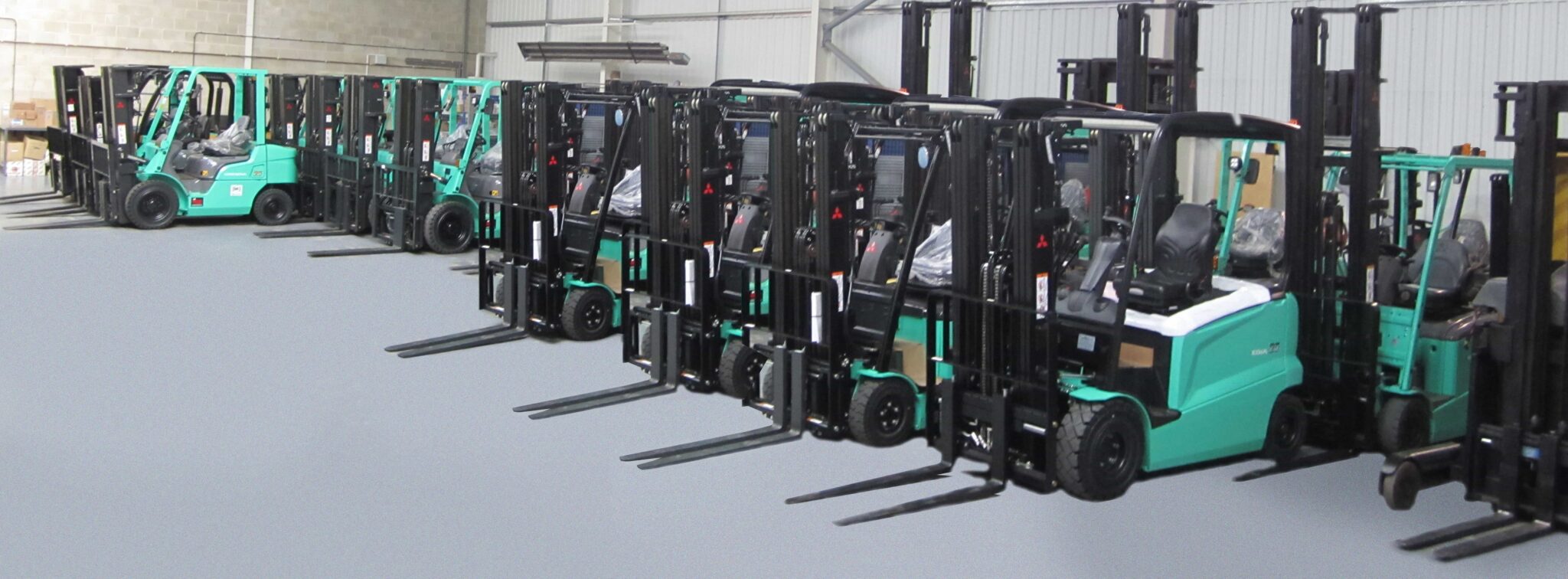As the cold weather starts to creep in, warehouse managers need to familiarise themselves with winter safety tips and forklift operation. Despite it being a mild-enough temperature right now, it will be bitterly cold before you know it, so get your preparation and training done sooner rather than later to ensure your operations can continue to go as smoothly and as efficiently as possible. If you aren’t organised, then you might find yourself having to take out valuable time during the winter to retrain employees and carry out checks on machinery, rather than conducting your everyday warehouse operations. Avoid this and start winter-proofing your forklift now.
Start by winter-proofing your operations
You might be wondering how you can winter-proof your forklift operations. But it’s something you should be doing before you even set foot on the machine, mainly for the safety of your operators and those on the ground. Here’s how you can winter-proof your warehouse operations when the weather turns:- Warm up the forklift before operating
- Wear warm clothing, especially if you’ll be outdoors
- Make sure the antifreeze is topped up and ready to use
- Check the terrain you’ll be working with and operate in accordance with the conditions, for example, travelling slowly across frost and snow
Check the weather forecast so you can always be prepared
Part of winter-proofing means that you’ll need to be prepared for anything. Although the weather forecast can sometimes be wrong, it’s important that you’re checking it just to get an idea of temperatures and whether it’s going to hail, snow or rain. If you know that it’s going to be frosty or that temperatures are going to drop below freezing, then you can prepare your employees by putting snow chains on the tyres, providing them with adequate winter clothing and checking antifreeze levels for the windscreen, among other things. Be prepared so that your warehouse operations don’t slow down during the winter months, when things can become busy, especially with Christmas on the horizon.Make sure everyone is up-to-date on their training
It’s paramount that your forklift operators are up-to-date with their forklift training, with a focus on operation during the winter months, when conditions can become wet, icy, frosty and even snowy. They need to be aware of how slow to travel, the weights they should be carrying, or not carrying, how to take tight corners and how to navigate steep gradients, to name just a few things. All of this needs to be covered in their training and they should be retrained just before the cold weather strikes. Not only does this ensure the safety of your forklift operators and those on the ground, but it also helps to maintain the integrity of your forklift and prevents damage to stock.Carry out safety checks before using the forklift
Before operating the forklift, you will need to make sure that you’re carrying out all of the right checks. Usually, the operator will take charge of this as it should be something that was included as part of their winter forklift training. Whilst many of the safety checks conducted during the winter are the same as they are all year round, there are some that are specific to winter conditions only, such as: checking antifreeze levels, putting snow chains on the tyres and paying closer attention to batteries and electrical components, as they can dry out in cold weather and can be drained quicker than usual.- Check the tyre condition
- Check the tyre pressure
- Consider using snow chains on the wheels
- Make sure all of your lights, beacons and alarms are in working order
- Use antifreeze on the windscreen
- Inspect the batteries and electronic components as these can become dry and drain in the cold weather
- Make sure operators and those on the ground are wearing the correct gear, such as high-visibility jackets







